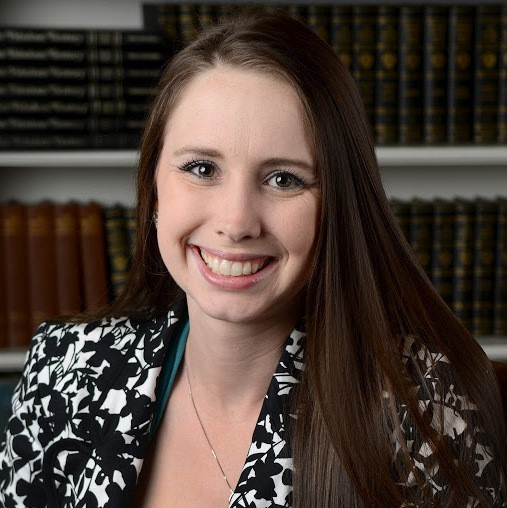Making the decision to go to graduate school is a big one. It requires a great deal of research and reflection to ensure you are making the best decision for yourself and your future. On Wednesday, October 25th, Dr. Carter led a faculty panel to discuss grad school and provide tips and advice for prospective applicants. If you weren’t able to attend the panel, please review the following notes if you think they could be of interest to you!

Dr. Daniel Nasrallah is an assistant professor in the Chemistry department here at Roanoke College. He applied to 11 schools nationwide and was accepted to four of them, eventually landing himself to earn a PhD from the University of Michigan. He chose the University of Michigan over other schools because there were five faculty that he was interested in working with. It is extremely important to research faculty at the schools you are looking at, because if there isn’t at least a couple that you would be happy working with, that school might not be right for you. To kick off your grad school search, he recommended researching the top 10 programs in your desired field, and then reaching out to undergraduate faculty and current graduate students in those programs to get more insight. Dr. Nasrallah suggested knowing what your end goals are, and keeping your motivations in sight throughout your time in school. He also found it important to note the differences between graduate school and medical school—in terms of money—when making your decision. Medical school acquires debt, whereas he was offered a stipend through agreeing to teach throughout his time at the University of Michigan.
Dr. Wen Bu, who went to law school and practiced as a lawyer before going back to get her PhD at the University of Minnesota, offered tips on transitioning from being a successful student to balancing coursework and producing research. Dr. Bu is now an assistant professor in the psychology department. In graduate school it is equally important to avidly complete coursework and to complete meaningful research. She also discussed the differences between a terminal master’s degree and a PhD. If you are applying for a PhD program, some schools will allow you to earn an MA on the way, and others won’t. This is important to consider because if you were to drop out after, say, 3 years, at some schools, you can leave with an MA, and at others, you would leave with no degree.
Dr. Matthew Trumbo-Tual, from the Roanoke College modern language department, earned a PhD at the University of Virginia. He provided advice for graduate school applicants interested more specifically in the humanities. He suggested taking advice from your Roanoke faculty, but also remembering that graduate school is ever-changing, meaning do your own research in addition to considering the experience of past grad school students. He also recommended getting work experience outside of academia before applying for a PhD, as this is the path that he followed. This allowed him to not feel “stuck” at any point in the process, and he knew he would have options down the line, if grad school didn’t work out, or if his goals changed. A final remark spoke to being intentional in each step of the grad school process – know why you want to be there and make progress that gets you closer to your goals.
Finally, Dr. Wale Sekoni works in the computer science department at Roanoke College. He earned a PhD from the University of Wyoming and suggested prospective applicants find someone they want to work with and be flexible with their goals. He also mentioned the importance of putting thought into your application and having strong letters of recommendation. Many of the other panelists also supported the idea that strong letters of recommendation make a big difference, so make use of your time with professionals you meet throughout your time prior to graduate school.
Overall, the panel offered insight on how to stand out in your grad school applications. In the humanities, being knowledgeable in multiple languages can help you stand out. For chemistry applicants, published work and research experience can help you stand out, as well as having strong and specific letters of recommendation. For law school, undergraduate GPA, LSAT scores, and letters of recommendation are very important.
No matter what field you are looking to pursue, doing your research and being aware of all the details of the graduate school process can help you make the best decision for yourself and your future. If you have further questions or would like to discuss any these panelists experiences with them, please find their contact information on the Roanoke College website.
Get Connected!
Blog: https://psych.pages.roanoke.edu/
Facebook: https://www.facebook.com/rcpsychology
Twitter: @RC_Psychology
Linked In: https://www.linkedin.com/groups/RC-Psychology-8140491/about
Website: http://www.roanoke.edu/inside/a-z_index/psychology
Instagram: rcpsychology



